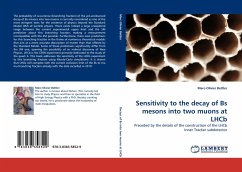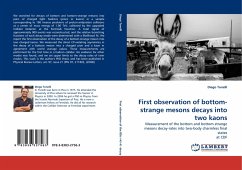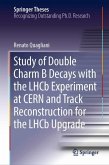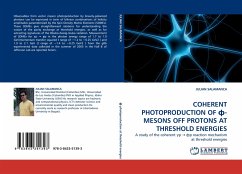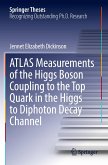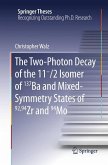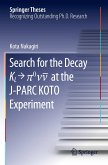The probability of occurrence (branching fraction) of the yet-unobserved decay of Bs mesons into two muons is currently considered as one of the most stringent tests for the existence of physics beyond the Standard Model (SM) of particle physics. There exists indeed a large unexplored range between the current experimental upper limit and the SM prediction about this branching fraction, making a measurement incompatible with the SM possible. Furthermore, there exist predictions for this branching fraction in the frame of numerous theoretical models that aim at a more accurate description of matter than that offered by the Standard Model. Some of those predictions significantly differ from the SM one, opening the possibility of an indirect discovery of New Physics. LHCb is the CERN experiment primarily dedicated to the study of the quark b. This book addresses the sensitivity of the LHCb experiment to this branching fraction using Monte-Carlo simulations. It is shown that LHCb will compete with the current exclusion limit of the Bs to mu mu branching fraction already with the data recorded in 2010.
Bitte wählen Sie Ihr Anliegen aus.
Rechnungen
Retourenschein anfordern
Bestellstatus
Storno

